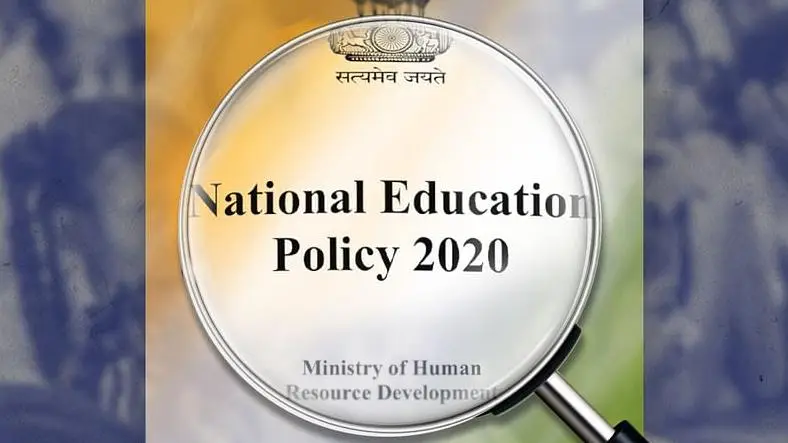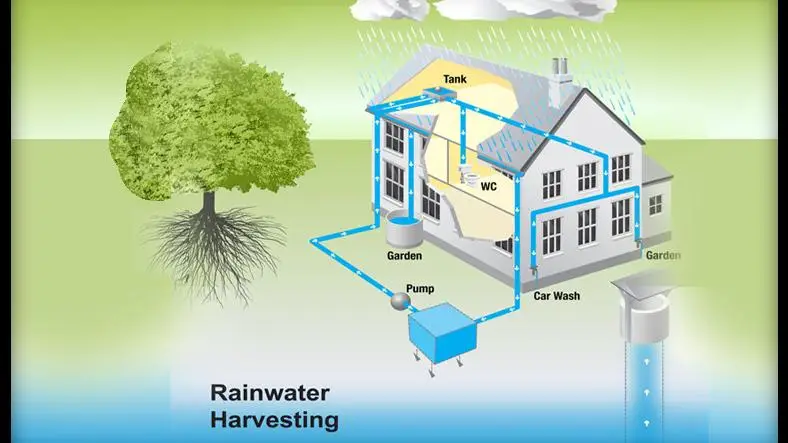National Education Policy (NEP 2020) has been approved by Union Cabinet on 29 July 2020. Its major aim is to introduce changes in the Indian Education System right from the school to the college level of education. Making India a Global Knowledge Superpower is the ultimate objective of the NEP 2020. It is the third major change in education systems in India since independence in 1947. Earlier two revamps in the education systems were done in 1968 and 1986.
Education in India is a Concurrent List subject.
Vision
National Education Policy 2020 envisions, An India-centric education system that contributes directly to transforming our nation sustainably into an equitable and vibrant knowledge society by providing high-quality education to all.
Few Key points from the National Education Policy 2020
- The policy raises the importance of mother tongue and regional languages; medium of instruction until class 5 and preferably beyond should be in these languages. The policy also states that no language will be imposed on the students.
- The 10 + 2 structure will be replaced with 5+3+3+4 model with below Stages. Instead of having exams every academic year, school students will only attend three exams, in classes 3, 5 and 8. Board exams will be continued to be held for classes 10 and 12, but will be re-designed.
- Foundational: Preschool + Classes 1 and 2, Ages 3-8 years, Focus of studies will be in activity-based learning.
- Preparatory: Classes 3 to 5, Ages 8-11 years, Gradually introduce subjects like speaking, reading, writing, physical education, languages, art, science and mathematics.
- Middle: Classes 6 to 8, Ages 11-14 years, Introduce students to more abstract concepts in subjects of mathematics, sciences, social sciences, arts and humanities.
- Secondary: Classes 9 to 12, Ages 14-19 years, Intended to inculcate multidisciplinary study, coupled with depth and critical thinking. Multiple options of subjects will be provided.
- Coding will be introduced from Class 6, And experiential learning will be adopted.
- The Policy Proposes a 4-year multi-disciplinary bachelor's degree in an undergraduate programme with multiple exit options. These will include professional and vocational areas and will be implemented as follows
- A certificate after completing 1 year of study
- A diploma after completing 2 years of study
- A Bachelor's degree after completion of a 3-year programme
- A 4-year multidisciplinary Bachelor's degree (the preferred option)
- The National Testing Agency will now be given the additional responsibility of conducting entrance examinations for admissions to universities across the country, in addition to the JEE Main and NEET.
- To become a Teacher, a 4-year Bachelor of Education will be the minimum requirement needed by 2030. The National Council for Teacher Education will frame a National Curriculum Framework for Teacher Education by 2021 and a National Professional Standards for Teachers by 2022.
- National Education Commission, headed by the Prime Minister of India.
There are always a few merits and demerits in all the systems. Only thing is that we need to constantly improve the system based on its various outcomes. NEP 2020 is aimed at improving the culture and integrity of the country along with the blend of modernity in the education system and should be considered as the welcome step.















